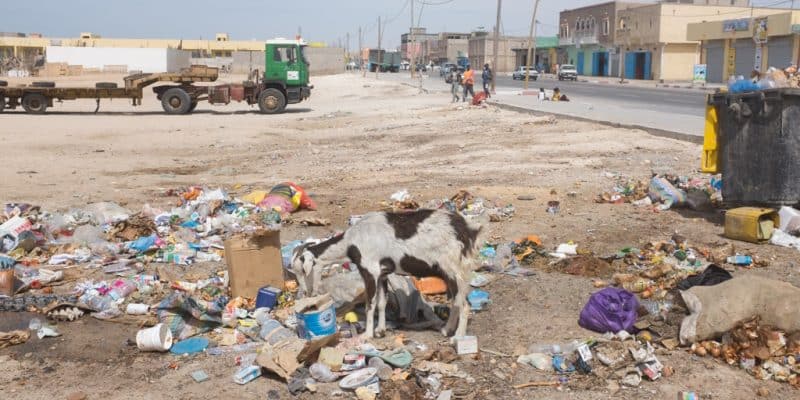Between April and August 2024, the federal government of Ethiopia is implementing a national campaign to combat air pollution. The aim is to improve air quality, which is increasingly degraded by human activity and climate change.
No to air pollution. This is the slogan that will be brandished over the next six months in the streets of Addis Ababa, Gondar and Mekele to restore these cities to their former attractiveness. With 19.2 gigatonnes of CO2 generated in 2021 (far more than Botswana and Benin combined), Ethiopia is ranked 95th out of 184 countries in terms of air quality.
This is largely due to industrial activities such as metal processing and the burning of fossil fuels in the major cities of this East African country. And population growth – from 102 million in 2015 to 122 million in 2023 – is not helping the situation. Hence the recently launched campaign to combat atmospheric pollution, targeting 30 million city-dwellers – a quarter of the Ethiopian population.
The aim of the initiative is to report on the environmental measures in force and to raise awareness of good ecological practices (selective sorting of household waste, avoidance of toxic products, etc.) likely to improve the living environment in urban areas. This will be thanks to the announced support of the United Nations system and other diplomatic representations.
Read also-
However, we are waiting to see what the involvement of the major companies and multinationals based in Ethiopia will be (the national airline Ethiopian Airlines, the brewer Castel, the food giant Nestlé, etc.), whose waste production has an impact on air quality. In any case, it’s not certain that they will have any choice but to step up their eco-responsible approach (recycling, sober procurement), since Deputy Prime Minister Temesgen Tiruneh is clear: “protecting the environment from pollution should not be considered a luxury, but a matter of survival”.
Benoit-Ivan Wansi







